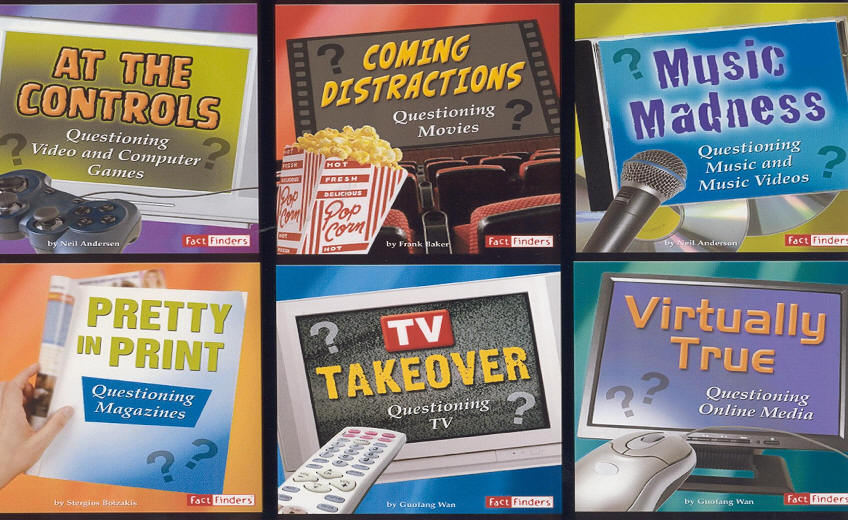
Where would the world be without media literacy? Without media literacy, would kids know what to do and not do? Would parents be able to explain to their kids why things can be done on TV but not in real life? These are questions that must be examined when the thought of media literacy is brought to the table. Without it, the world would be chaotic.
Media literacy is defined by the Center for Media Literacy as
“a 21st century approach to education. It provides a framework to access, analyze, evaluate and create messages in a variety of forms — from print to video to the Internet.” The Center goes on to say that, “media literacy builds an understanding of the role of media in society as well as essential skills of inquiry and self-expression necessary for citizens of a democracy.” (medialit.org) This definition exemplifies how important media literacy is to people of all ages. Children need to learn when to distinguish between make-believe and reality, and parents need to as well all the while teaching their kids why.
This idea was the focal point in a college communications course that I am just finishing up. It taught me a lot about how the media is portrayed. The course also went on to show the effects that media has on people’s lives and how being media literate can help to analyze these effects. From a book that we read in class, “Amusing Ourselves to Death”, by Neil Postman, it showed the ongoing affects of television and the media and how it was changing people’s lives. The irony in it is that it was written twenty years ago, and the ideas still hold relevant today.
One important element that I learned in the class was how different media companies were linked and how they could play a part in each others exposure. There are several major entities that own a number of media outlets and sub-companies. These main organizations may have a way to advertise their different businesses within one another. For example, the Disney Foundation owns ESPN. About two months ago, ESPN took part in a major event at none other than Disney World in
Orlando, Florida. The title of the event was “ESPN The Weekend” and they hosted a number of shows and sporting events from the studios and fields at Disney World.
This kind of business operation is a type of product placement that happens everywhere with just about every organization. Another feature that I learned in class was how companies will pay for their products placement in certain movies, shows, etc. Product placement like this, seeing how relevant it is in today’s media, makes you really wonder if your favorite sports team really likes Gatorade or if they just get paid to drink it. It’s all another form of endorsements for people and businesses alike. It’s actually funny how small the media world can be.
Overall, media literacy should be a very important aspect to people’s lives. For people to be media literate, they first must know what being media literate means. It means having the know-how to separate truth from reality. Being media literate is an important element that all people should strive to achieve. Media literacy is not just an idea. It’s a way of life.

No comments:
Post a Comment